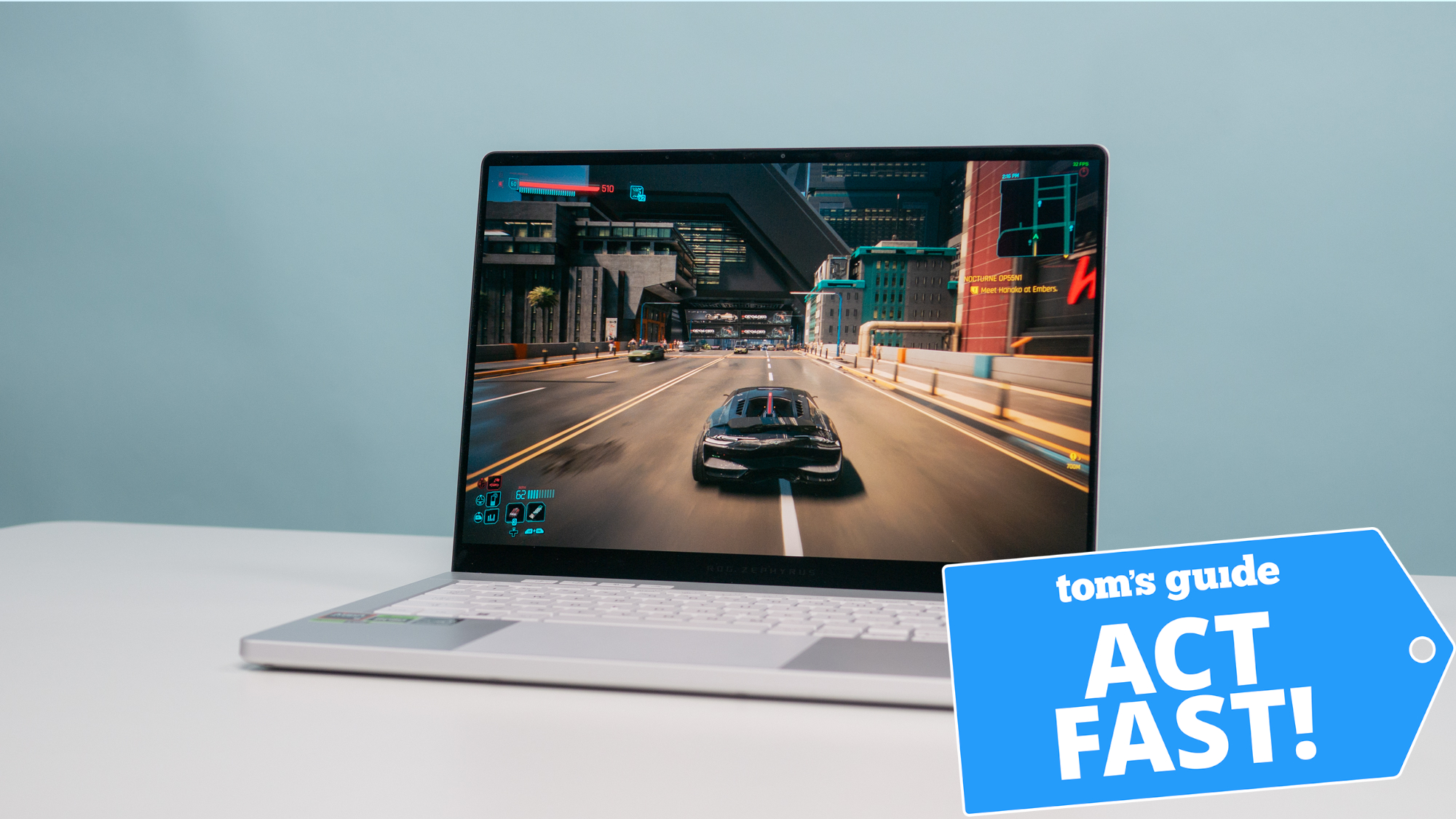HBO Max with ads is better than I thought it would be
HBO Max gets ads right, or at least better than Hulu
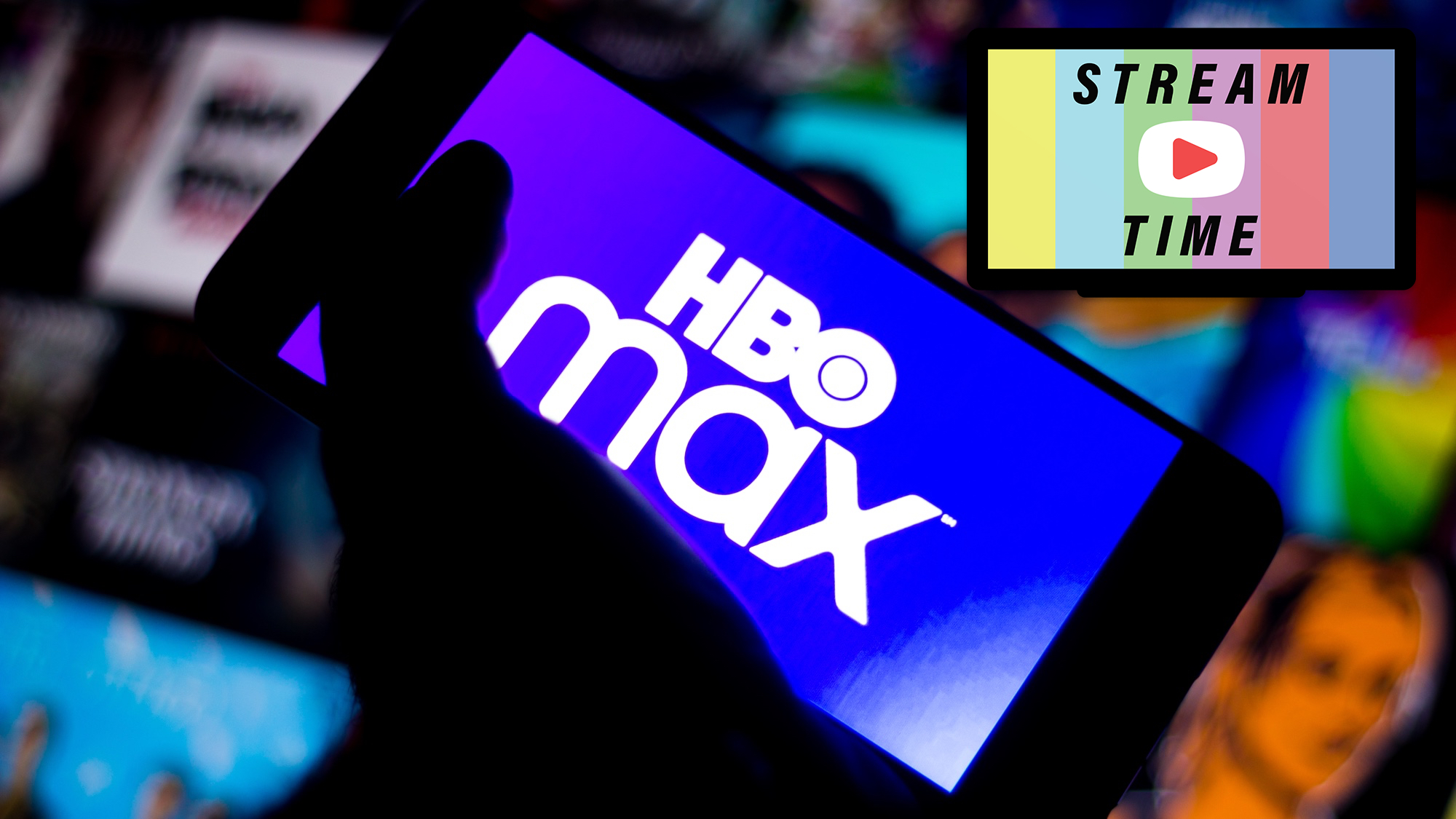
Stream Time is where Tom's Guide senior editor Henry T. Casey dives into the big choices we make about streaming media. We tackle it all, from the best and worst streaming services and devices, to the never-ending list of shows to watch.
A week ago, I wrote on this very blog that I thought HBO Max's ad-supported tier didn't make sense. Having used it? Well, I'm not ready to change my account to ad-supported, but I am ready to admit I was wrong.
HBO Max's $9.99 per month ad-supported tier, which costs $5 less than its $14.99 ad-free tier, came out on Wednesday, June 2. And so I made a brand new account at that price, just to see what if WarnerMedia actually delivered on its promise of an excellent ad-supported experience.
- Why HBO Max is the best streaming service
- Everything we know about Ozark season 4
- The biggest Netflix shows getting canceled or ending in 2021
For context, HBO Max — the service that adds a lot to the Home Box Office we know already — is trying to compete in a world where ad-supported content has become in vogue again. Yes, Netflix and Disney Plus are ad-free, but the likes of Hulu and Peacock and Paramount Plus all have ad-supported paid rates.
Right now, each ad-free tier saves you the same amount of money: $5 per month. Paramount Plus only saved you $4 at one point, but it's moving to the same $4.99 vs $9.99 per month structure on June 7.
While Hulu gives you the same content whether or not you buy ads, it's the only service like that. If you move from ad-free to ad-supported, Paramount Plus cuts out live CBS stations, Peacock greatly reduces the number of movies and TV show episodes available to you and HBO Max stops you from seeing the big Warner Pictures movies that stream on the same day as in theaters.
HBO Max also (smartly) decided it would not put ads on HBO-branded content. So while I worried that The Sopranos would have ad-breaks inserted where they weren't meant to be, WarnerMedia decided that wouldn't be the case. Tenet, a movie currently airing on HBO, also has no ads (which should satisfy HBO Max critic Christopher Nolan).
HBO Max vs Hulu, Peacock and Paramount Plus: Pricing
| Service | Monthly ad-supported price | Monthly ad-free price | Bonus for ad-free tier |
|---|---|---|---|
| HBO Max | $9.99 | $14.99 | New Warner Pictures movies |
| Hulu | $5.99 | $11.99 | N/A |
| Peacock (free option available) | $4.99 | $9.99 | N/A (free tier has less content) |
| Paramount Plus | $4.99 (starting June 7) | $9.99 | Live CBS stations |
What are HBO Max's ads like?
Early on, I was pretty impressed by how minimalist HBO Max's ads were. Watching Aquaman, I was greeted by subtle, un-disruptive Volkswagen ads that lasted maybe 8 seconds at most. Mid-movie ads were a little longer, with one break comprised of a 30-second clip for Aflac and a 15-second Dairy Queen spot. I also found 45-second long ad-breaks in other films, including Twister and Rush Hour.
Sign up to get the BEST of Tom's Guide direct to your inbox.
Get instant access to breaking news, the hottest reviews, great deals and helpful tips.
Notably, if I'd watched an ad recently, and skimmed to another part of the movie where an ad-break was supposed to be (you can see the little gaps in the timeline), HBO Max didn't show another ad. This is probably their smartest play — not penalizing people who are trying to jump to a certain moment.
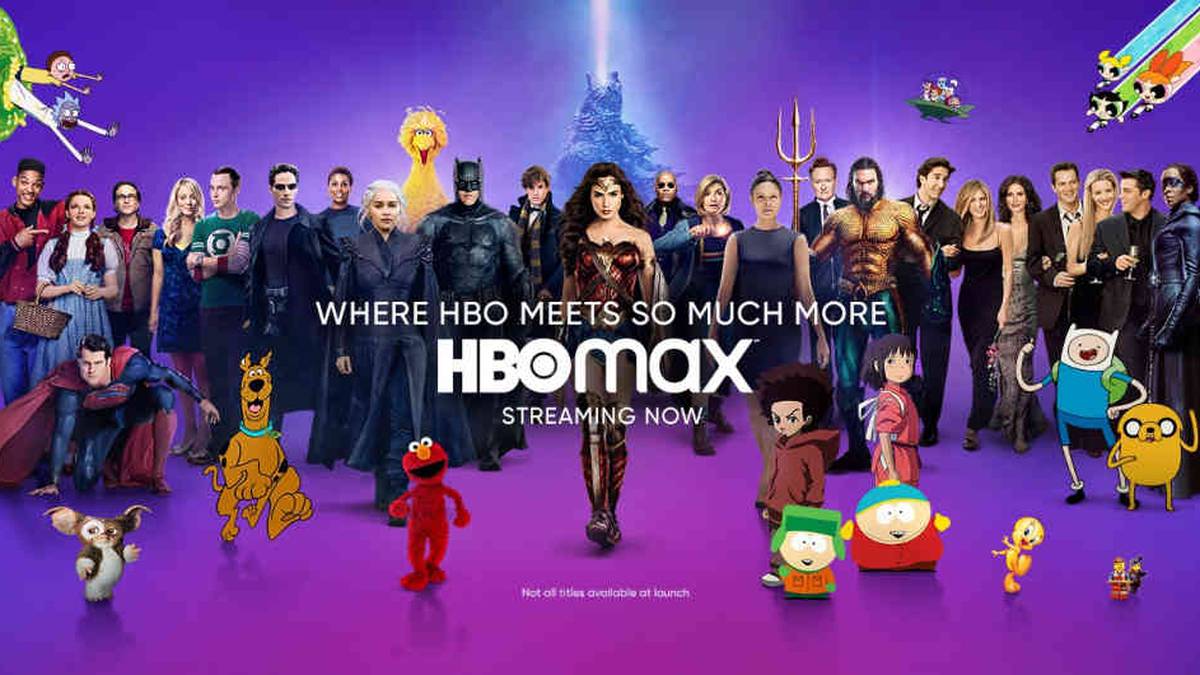
I saw longer ads during TV shows, where about 30 seconds (max) of clips preceded episodes of Rick and Morty (again), with minute-long ad-breaks — for health insurance and Airbnb — mid show. The next ad break was shorter, at just thirty seconds total, promoting a car rental service and then Pizza Hut.
Starting a South Park episode I got another 15-second clip for The Hut, followed by a 30 second clip for a medical service called Lilly. The break ended with a 15-second AT&T ad.
The overall message is clear. HBO knows that ads make more sense for TV shows, and less in movies. Minute-long ad breaks may be annoying, but I would learn they were actually on the better side of things.
HBO Max with ads vs Hulu with ads
The HBO Max experience plays in stark contrast to the opening ads of Sorry For Bothering You on Hulu, where a three-second Taco Bell pre-ad (announcing they were the advertiser) was followed by a 30-second Taco Bell ad filled with loud, brash men and women of yesteryear, in caked on makeup and big wigs.
When I tried to start Vice, I was greeted with over 40 seconds of ads, promoting the new Dreamworks movie Spirit Untamed and then a local politician (who I already get enough snail mail ads from).
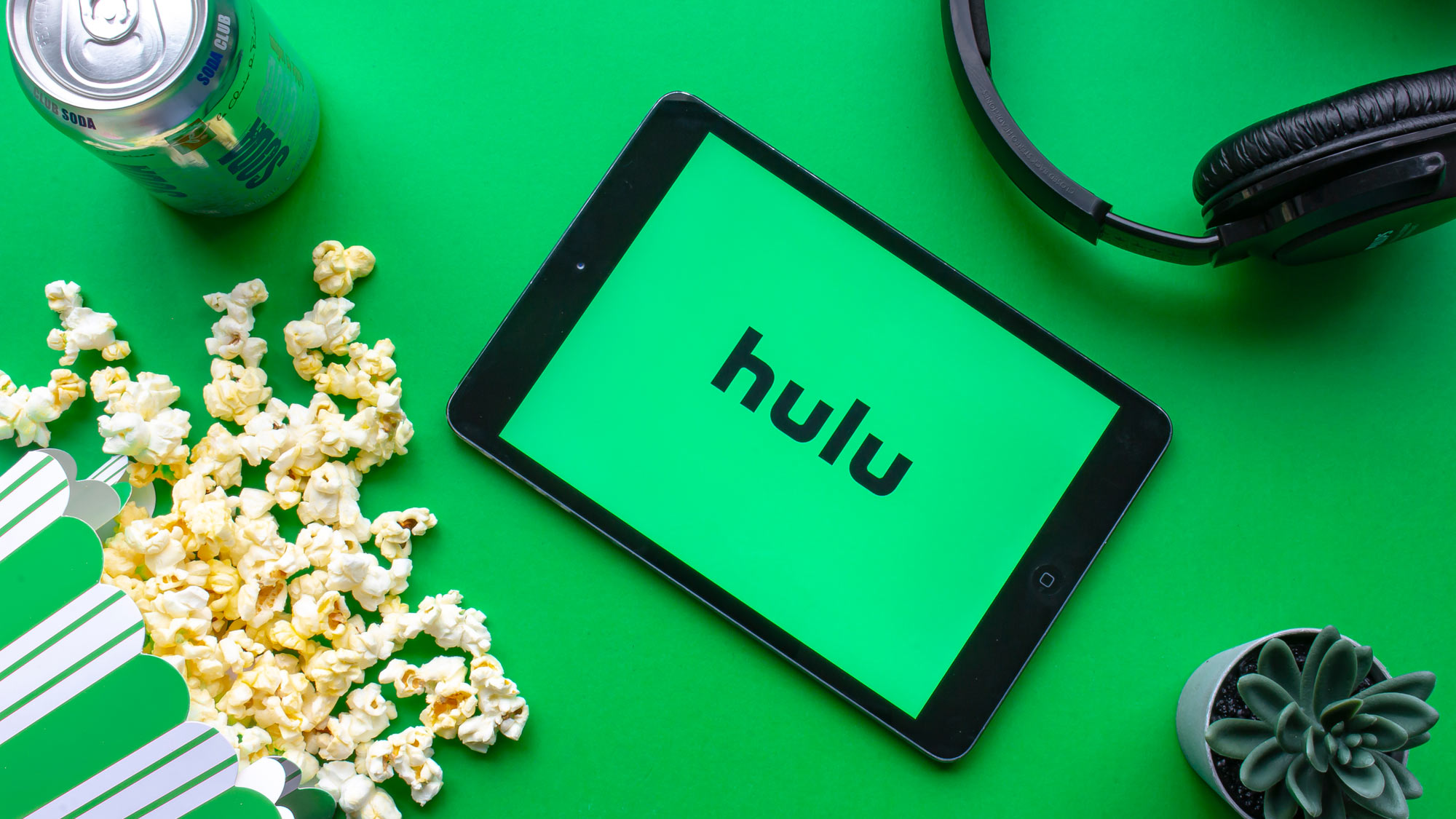
Booting up an episode of It's Always Sunny in Philadelphia, I was annoyed to get a minute and five seconds of pre-roll promotion. The clips highlighted M.O.D.O.K. and Run The World, and while neither show seems bad, a minute of ads before the show were annoying to see. And then right after Sunny's opening credits (which are pretty close to the start of the show) I got a minute-plus of commercials, promoting voting in the upcoming local election, Progressive car insurance and the Caviar food delivery service.
Of course, Hulu's habits still seem sparse compared to the minutes of commercials between shows and during breaks. But HBO Max's experience beats them cleanly.
HBO Max with ads vs Paramount Plus with ads
Next, I checked out Paramount Plus, where (oddly) ads didn't play during movies. But when I began an episode of MTV's The Challenge, it started off with a 30-second ad for Bounty paper towels. Nothing terrible mind you, and still better than Hulu for running not running ads on both sides of the opening credits.
That said, I got annoyed with Paramount Plus at the first ad-break. That same 30-second Bounty ad played again, and it wasn't alone. Another 30 second ad for Kia cars aired, followed by another 30-second clip for Popeye's Chicken, and another 30-second clip for Geico.

At the next ad-break, I got almost two minutes of ads promoting Canva, Sunglasses Hut, Guinness, Hotels.com, Peloton and the Mark Wahlberg movie Infinite. The only upside of this was that the Peloton clip had my favorite Gorillaz song (D.A.R.E.). But I dare Paramount Plus to have shorter ad-breaks.
This was probably the worst of the bunch.
A peculiar Peacock problem
When I went to Peacock, and found that — just like HBO Max — it too has ad-free feature films. And the better news, friends, is that Fast Five (one of the best action movies of its generation) is one of those ad-free movies. Same for The Matrix. Each movie had a small note at the front that it was running ad-free, and I got a little excited each time.
But as I poked around, I found that other programming that was seemingly supposed to have ads was ad-free. Sure, I used to have it set to ad-free, but I haven't paid that extra $5 since April. Seems like a (lucky) bug for now, I doubt it will continue.
Outlook: HBO Max with ads' price isn't that bad
Overall, my experiment has shown me that HBO Max's amount of ads is definitely better than Hulu and Paramount Plus'. I wonder where Peacock will land, once this weird bug I'm experiencing is over. So that's a win for Warner on ads.
But the bigger question — posed to me by multiple coworkers — is simply "You're paying how much to watch ads?" To which I replied "cable TV's always been like this." As The Mandalorian (whose show has zero ads) would put it, "this is the way."
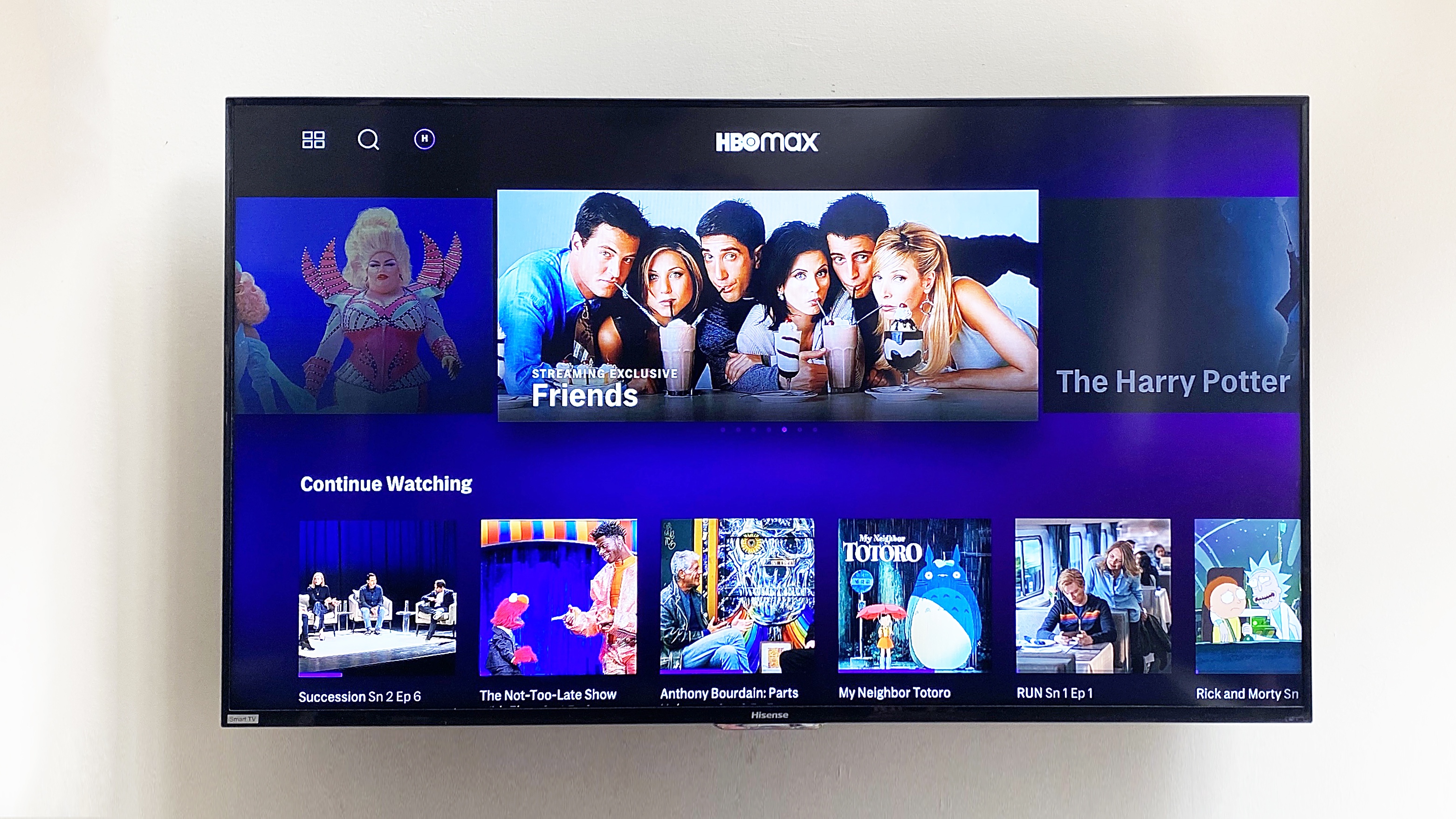
But looking at all these ad-supported services, and seeing how the discount for watching ads is the same, the $9.99 price isn't as glaring. HBO Max's base rate of $14.99 explains why you're paying so much more for an ad-supported experience. And I was already paying that much for HBO Max, so I already believe in its quality, and I'm not as irked by the idea of the $9.99 price.
I might even consider ad-supported HBO Max for myself. But not until 2022, when HBO Max won't get the big Warner Pictures movies at the same day as theaters.
While you're here check out how to watch Euphoria season 2 episode 4 online.
Be sure to check out my guides to the best streaming devices (and best streaming services) for more recommendations. Email me at henry.casey@futurenet.com or leave a comment below with anything you’d like to see me cover in the streaming world — I might just address it in a future installment.

Henry is a managing editor at Tom’s Guide covering streaming media, laptops and all things Apple, reviewing devices and services for the past seven years. Prior to joining Tom's Guide, he reviewed software and hardware for TechRadar Pro, and interviewed artists for Patek Philippe International Magazine. He's also covered the wild world of professional wrestling for Cageside Seats, interviewing athletes and other industry veterans.
